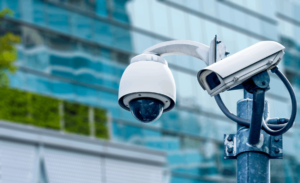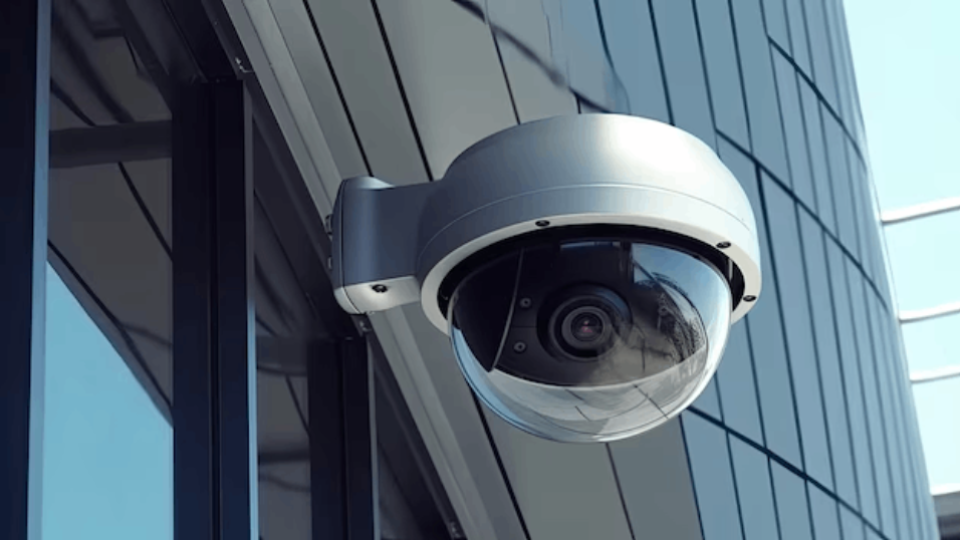Are you looking to enhance the security of your home or office with a CCTV camera but feeling overwhelmed by the number of options available? Don’t worry; we’ve got you covered!
In this blog, we’ll guide you step-by-step through selecting the right CCTV camera for your needs. From camera type to resolution, night vision capabilities to storage and connectivity, we’ll cover all the important factors you must consider. We’ll even highlight some key features and specifications that you might not have thought of.
By the end of this blog, you’ll have all the knowledge and confidence you need to make an informed decision and enhance the security of your property. So, let’s get started!

- Consider the location
The location where you plan to install your CCTV camera is essential. Consider a discreet dome camera for indoor use that blends in with the surroundings. On the other hand, outdoor cameras should be weatherproof and able to withstand extreme temperatures. A bullet camera is popular for outdoor use as it is typically weatherproof and can cover long distances.
- Determine your needs
The first step in selecting the right CCTV camera for your home or office is determining your needs. For example, do you want to monitor activity inside your home or office? Or are you looking for a camera to monitor the exterior of your property? The type of camera you choose will depend on your specific needs. For example, you’ll want a camera with night vision capabilities if you need to monitor activity in low-light conditions.
- Decide on the camera type
Several different types of CCTV cameras are available, each with unique features and specifications. Some common types of CCTV cameras include dome, bullet, PTZ, and thermal cameras. Dome cameras are popular for indoor use, while bullet cameras are ideal for outdoor monitoring. PTZ cameras are valuable when covering a large area, and thermal cameras are helpful in low-light conditions.
- Resolution
The resolution of a CCTV camera refers to the number of pixels it can capture. The higher the resolution, the more detailed the images will be. Resolution is typically measured in horizontal and vertical pixels, such as 1080p or 4K. Keep in mind that higher-resolution cameras may require more storage space.
- Night Vision
Most CCTV cameras have infrared (IR) LEDs that provide night vision capabilities. The IR range is important as it determines how far the camera can see in the dark. Look for a longer IR range camera if you need to monitor a larger area.
- Storage
CCTV cameras typically store footage on a digital video recorder (DVR) or network video recorder (NVR). Some cameras have built-in storage, while others require an external hard drive. Cloud-based storage is also an option for some cameras. Consider how much footage you want to store and choose a storage option that meets your needs.
- Connectivity
Many CCTV cameras connect to a network via Wi-Fi or Ethernet. Some cameras also have mobile apps that allow you to view live or recorded footage from your smartphone or tablet. Make sure the camera you choose has the connectivity options you need.
- Brand and quality
Choosing a reputable brand with good reviews can help ensure you get a high-quality product. Also, look for cameras that are easy to install and use and have the features you need to achieve your goals.
In summary, selecting the right CCTV camera can be overwhelming, but Cable Connector makes it easy. Our expert engineers and knowledgeable team will help you find the perfect camera to fit your needs and budget.
Moreover, with a wide range of high-quality products from reputable brands, you can trust that you’re getting the best possible CCTV camera for your property. So, let Cable Connector enhance the security of your home or office today!

